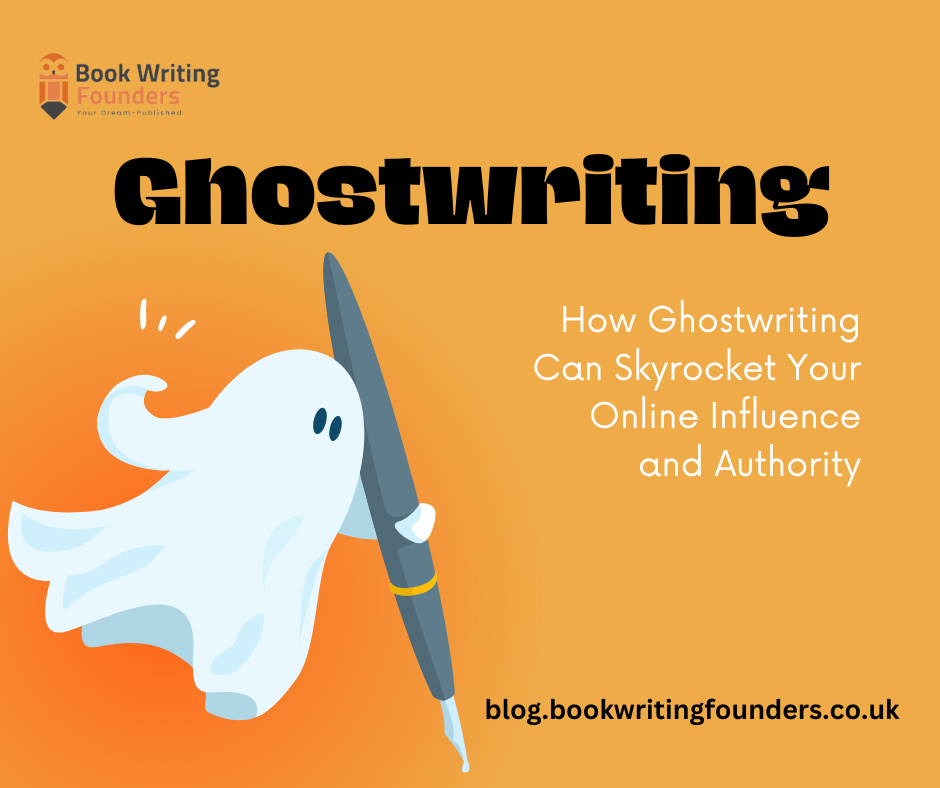
Publishing
Introduction
Literary agents play a crucial role in the publishing world by helping authors navigate the complex publishing landscape and get their books published. An agent acts as the bridge between authors and publishers. He handles contract negotiations, supporting authors through the editing process, and ensuring authors receive fair compensation for their work.
While not strictly necessary, having a qualified, reputable agent championing your work can make all the difference in successfully publishing a book.
This guide will provide an in-depth overview of literary agents. With the right agent by your side, you’ll have an experienced publishing professional guiding you through every step of the self-publishing process.
Whether you’re just starting out or already have a manuscript ready, this guide will equip you with the key knowledge and strategies to find your perfect literary match.
Deciding You Need an Agent
There are many pros and cons when deciding if you need a literary agent to represent you and your work.
Pros of Having a Literary Agent
- Agents have connections with editors and publishers you likely don’t have access to. They can get your manuscript directly into the hands of the right people in the industry.
- Agents know how to negotiate contracts and get you the best deal regarding advances, royalties, rights, etc. Most authors don’t have the expertise to negotiate favorable book deals independently.
- Agents handle all the business aspects of publishing for you, like submitting to publishers, negotiating contracts, collecting payments, reviewing royalty statements, etc., so you can focus on writing.
- Agents know the current marketplace which can help them determine the right publishers to submit to. They have insights into what’s selling.
- A good agent provides editorial guidance to make your manuscript as strong as possible before submitting it.
Cons of Having a Literary Agent
- Finding an appropriate agent can be very challenging. Many agents have specific genres or needs they are looking for, and it can be competitive.
- You must share a percentage of your advance and royalties with an agent, usually around 15%. This reduces your income from a book deal.
- No guarantee having an agent will lead to a book deal. You could spend time querying without success.
- If you have an agent you don’t click with or who isn’t responsive, you could have a bad experience that hinders your publishing goals. Personalities need to mesh.
- Some agents may pressure you to make artistic changes that you don’t agree with to improve commercial viability. There is sometimes tension between art and commerce.
How to Find Potential Agents?
Finding the right literary agent for your work can be intimidating. With thousands of agents, how do you know where to start? Our Book Writing Founders UK experts have curated a list of all the places to look when searching for potential agents.
Literary Agent Databases
One of the most comprehensive resources for finding literary agents is online databases.
These databases provide key details like submission requirements, client lists, and areas of interest for each agent.
Agent and Agency Websites
Don’t forget to scour individual agent and agency websites for the most up-to-date submission information. Many agents post-genre specifications, query requirements, response times, and more on their sites.
Follow agents on social media for announcements about open submissions. Signing up for agency newsletters and alerts is also wise to stay on their radar.
Conferences and Events
Attending writer’s conferences and networking events gives you face time with agents. Most conferences host agent Q&A panels and pitch sessions where you can present your work directly.
Conference brochures and websites list attending agents so you can target ones accepting your genre. Follow up with agents after pitching to see if they want to read more.
How to Research Agents?
Once you have a list of potential agents you may want to represent you, it’s important to research them further to determine if they are a good fit. Here are some tips for researching literary agents:
– Check their website and social media
An agent’s website and social media pages can provide a wealth of information about what genres and types of books they represent. Pay attention to the language they use to describe what they seek. This can help you determine if your book is a match.
– Review their client list and past sales
An agent’s client list and notable deals can give insight into their industry experience and connections with publishers and editors. Look for clients who write similar books to yours and deal with reputable publishers. This helps assess if the agent has the right experience and relationships to represent your book effectively.
– Look for client testimonials
Many agents include author testimonials on their website. This lets you hear directly from their clients on their working relationship and provides a glimpse at how they interact with fiction and non-fiction book writers.
Working with Your Agent
Once you’ve signed with an agent, you’ll collaborate closely as they work to get your book published. This working relationship requires good communication, being open to revisions, and trusting their expertise on submissions.
Communication
Frequent and open communication is essential when working with your agent. Keep them updated on your progress as you work on revisions. Be responsive to their emails and phone calls, even just to check-in. Your agent needs to know what you’re up to to effectively represent you.
Set up expectations early on regarding response time. Most agents aim to get back to you within a few days but let them know if you need a quicker response. Also, clarify the best ways to reach each other – phone, email, text, etc.
Don’t hesitate to ask your agent questions or speak up if you disagree. A good agent will welcome honest communication and feedback. Make your needs clear so they can advocate for you.
Revisions
Be prepared to revise your manuscript per your agent’s advice or recommended manuscript guide. They have a strong pulse on the market and know what editors are looking for.
Don’t argue with every edit or feedback from your agent. Carefully consider their guidance, ask clarifying questions if needed, and explain any hesitations you have about suggested revisions. Most of their advice is worth implementing to make your work more appealing to publishers.
View revisions as a collaborative process, not a battle. You want your agent fully invested so they will champion your book to publishers. Remain open-minded, but stand your ground on aspects of your work you feel strongly about.
Submissions
Let your agent decide when your manuscript is ready for submission. They’ll guide editors to reach out to and the submission process.
Don’t constantly ask your agent to list the publishers they’ve sent your work to or to describe how a meeting went. Trust their judgment on sharing information until there is news to report.
Be patient during the submission process. It can take months of networking and following up before an editor makes an offer. Avoid constantly pressuring your agent for updates. Instead, focus on other projects while your agent handles submissions.
Conclusion:
Charting a course through the literary world can be as challenging as penning your first manuscript, but just as your stories need characters, your publishing journey requires a guide.
A literary agent is more than a broker of words—a mentor, negotiator, and champion of your narrative dreams. With the comprehensive insights from this guide, you’re now equipped to find the best possible agent for yourself with confidence.
Remember, your ideal literary agent is out there, sharing in your vision. So, publish your book with a trusted agent and transform your literary aspirations into a tangible reality.





